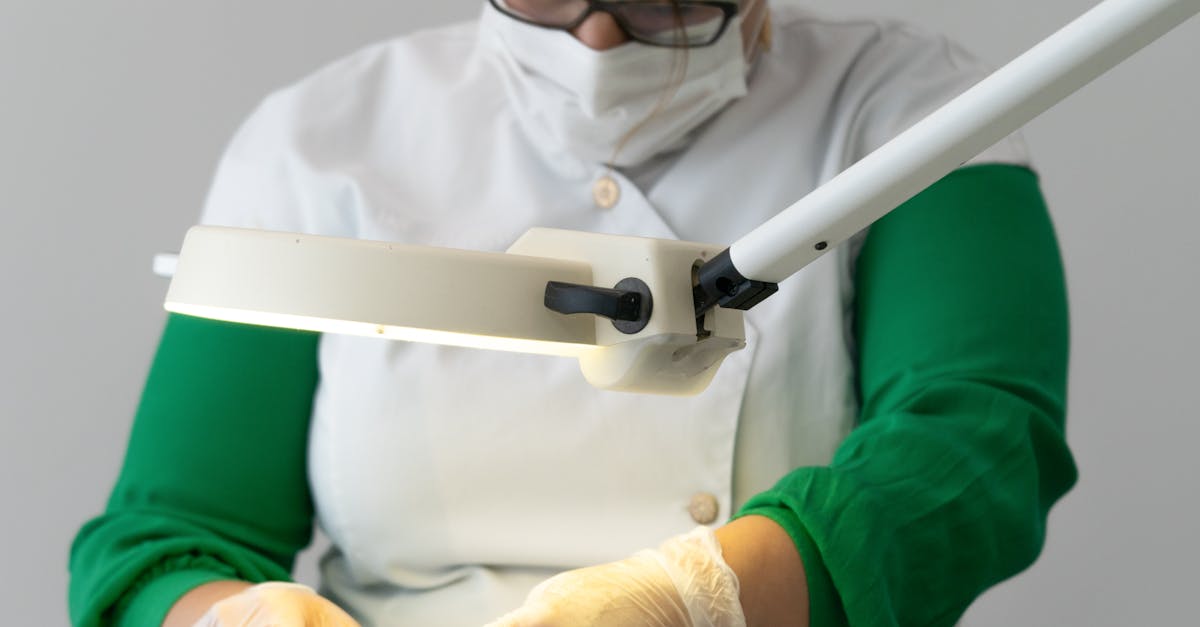
Table Of Contents
Challenges Faced by Social Skills Therapists
Social skills therapists face a myriad of challenges in their line of work. One of the significant hurdles is tailoring therapy to suit the diverse needs of clients. Each individual comes with their unique set of social difficulties, requiring therapists to adapt their strategies accordingly. Social skills therapy in South Melbourne, Victoria, often involves navigating this complexity by customizing approaches to address specific issues faced by clients. Additionally, therapists must stay informed about the latest research and therapeutic techniques to provide the most effective interventions possible.
Another challenge social skills therapists encounter is managing clients' progress and setbacks. Progress in social skills therapy can be nonlinear, with clients experiencing highs and lows throughout their therapeutic journey. Therapists need to remain patient and flexible, adjusting their methods as needed to support clients through challenging times. It is essential for therapists in South Melbourne, Victoria, to cultivate resilience and a deep understanding of their clients' needs to provide the best possible care in the face of these ongoing challenges.
Addressing Social Anxiety and Overcoming Barriers to Progress
Addressing Social Anxiety and Overcoming Barriers to Progress
Social skills therapy in South Melbourne, Victoria, offers individuals valuable tools to confront and manage social anxiety effectively. By creating a safe and supportive environment, therapists assist clients in exploring their fears and worries associated with social interactions. Through targeted interventions such as exposure therapy and cognitive-behavioural techniques, individuals can gradually increase their confidence and competence in navigating social situations.
Moreover, therapists play a crucial role in helping clients identify and challenge negative thought patterns that contribute to their social anxiety. By fostering a sense of self-awareness and offering practical strategies for coping with stress and uncertainty, individuals can develop a more positive outlook on social interactions. Through continuous guidance and support, clients can learn to replace self-doubt with self-assurance and gradually expand their social skills repertoire.
Role of Family and Support Systems in Social Skills Therapy
Social skills therapy in Victoria emphasises the integral role of family and support systems in the therapeutic process. Family members and support networks play a crucial part in reinforcing the skills and strategies learned during therapy sessions. By actively involving family members and caregivers, social skills therapists can create a more holistic approach to treatment, encouraging the generalisation of skills beyond the therapy setting.
Family and support systems offer a unique perspective on an individual's social interactions and experiences, providing valuable insights for the therapist. Involving parents and caregivers in the therapeutic process allows for a collaborative effort in addressing social challenges and fostering growth in social skills development. Through open communication and mutual support, families become essential partners in the individual's journey towards improved social functioning and overall well-being.
Involving Parents and Caregivers in the Therapeutic Process
Parent involvement is fundamental in the social skills therapy process in South Melbourne, Victoria. Parents and caregivers play a crucial role in supporting their children throughout therapy sessions. By actively participating in the therapeutic process, parents can gain a deeper understanding of the strategies and techniques being implemented to help their child enhance their social skills.
Furthermore, involving parents and caregivers in the therapy sessions can facilitate the transfer of learnt skills from the therapy setting to real-life situations. By practising social skills with family members, children can feel more comfortable and confident in applying these skills in various social interactions outside of the therapy environment. This collaborative approach ensures continuity of progress and support for the child beyond the structured therapy sessions.
Evolution of Social Skills Therapy Techniques
Social skills therapy in Victoria has witnessed a significant evolution in its techniques over the years. Therapists have started incorporating more interactive and experiential methods to enhance the effectiveness of the therapy sessions. Role-playing exercises, real-life scenarios, and group activities have become commonplace in social skills therapy sessions across Victoria. These techniques are designed to provide individuals with practical experiences that mirror real-world social interactions, enabling them to build confidence and improve their social skills in a supportive environment.
In addition to traditional in-person therapy sessions, social skills therapy in Victoria has started embracing the use of technology and virtual platforms for treatment. Online modules, virtual reality simulations, and teletherapy sessions have proven beneficial in reaching a wider audience and providing flexibility in therapy delivery. By utilising these modern tools, therapists can cater to individuals who may face barriers to attending in-person sessions, such as geographical constraints or time limitations. The evolution of social skills therapy techniques in Victoria reflects a commitment to innovation and accessibility in addressing individuals' social difficulties.
Incorporating Technology and Virtual Platforms for Treatment
Incorporating technology and virtual platforms has become an integral part of social skills therapy in South Melbourne, Victoria. With advancements in telehealth services, individuals can now access therapy sessions from the comfort of their own homes. This has proven to be particularly beneficial for those who may have difficulties with in-person interactions or transportation issues. By utilising video conferencing tools and online resources, therapists can continue to provide effective support and guidance to their clients.
Moreover, technology allows for the implementation of interactive tools and programs that can enhance the learning experience for individuals undergoing social skills therapy. Virtual platforms provide a safe and controlled environment for clients to practice their social skills, receive feedback, and track their progress over time. Through the use of simulations and role-playing scenarios, therapists can tailor the sessions to address specific areas of improvement, such as communication, emotional regulation, and social problem-solving skills. Overall, the integration of technology in social skills therapy not only expands access to services but also fosters a dynamic and engaging therapeutic process for individuals seeking to enhance their social functioning.
FAQS
What is a social skills therapist?
A social skills therapist is a professional who helps individuals improve their social interactions, communication skills, and emotional intelligence.
What kind of challenges do social skills therapists face?
Social skills therapists often face challenges related to addressing social anxiety, overcoming barriers to progress, and adapting to the unique needs of each client.
How does social skills therapy address social anxiety?
Social skills therapy helps individuals confront their social anxiety by providing strategies to manage stress, improve self-confidence, and navigate social situations effectively.
What role do family and support systems play in social skills therapy?
Family and support systems play a crucial role in social skills therapy by providing a supportive environment, reinforcing learned skills, and promoting ongoing growth and development.
How can parents and caregivers be involved in the therapeutic process?
Parents and caregivers can be involved in social skills therapy by attending sessions, implementing recommended strategies at home, and collaborating with the therapist to support the individual's progress.


